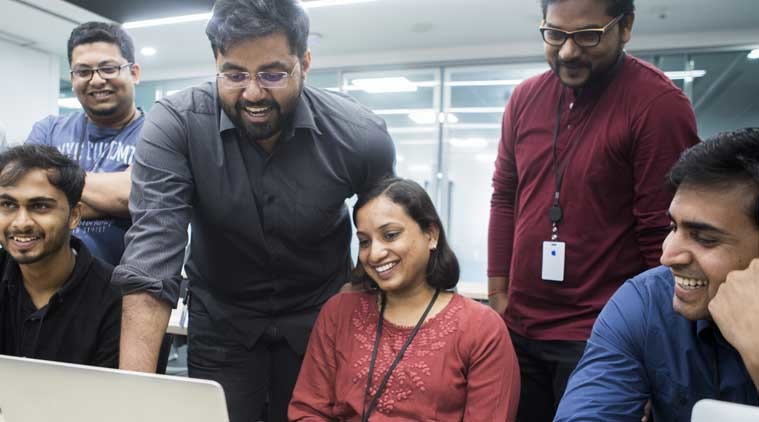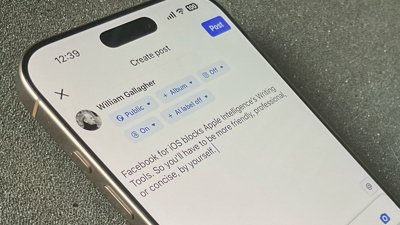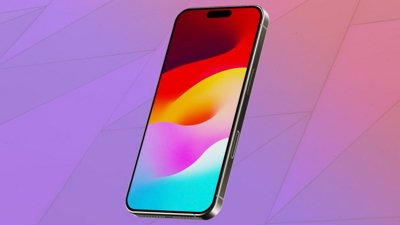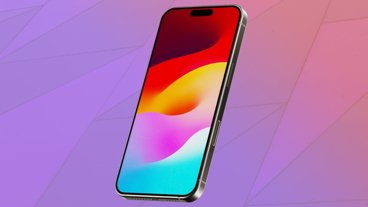Developers from Apple's Bangalore, India App Accelerator claim that the center gives them a leg up on competitors, with the mentoring help them adopt Apple's frameworks much quicker than they would have otherwise.
Gadgets 360 spoke to many developers who signed up for Apple's training at the App Accelerator, with all of them celebrating Apple's efforts.
"The experience at the App Accelerator has been really good; Apple really wants Indian developers to be part of the global players," Alvin Varghese, the founder of Swift India Developer Community told Gadgets 360. "We are glad that Apple is doing this."
Apple's facility can handle up to 500 developers a week. Sessions range between two and four hours, with Apple employees training on the newest APIs, focusing lately on SiriKit.
One developer noted that without the accelerator, it takes them around two years to integrate Apple's new frameworks. Before the training, they would wait until people got the update, and then start work on the new features.
"Here we give a greater opportunity for the developers in the market to learn about these innovations quicker, play with them, experiment with them, understand how they can best use them in their apps," said Apple Senior Vice President of Worldwide Marketing Phil Schiller when the facility launched. "I think that can help them to make more innovative apps, quicker than if we weren't here."
Apple also instructs the developers to focus more on local audiences, rather than pursuing the U.S. user base.
The Accelerator opened at the end of March, and hosts labs and presentations on elements like interface design, working with frameworks, and coding in Swift. Help is available for iOS, macOS, watchOS, and tvOS.
Rvents at the Accelerator are free, but attendees must be registered Apple developers, and sign into the center's scheduling page.
 Mike Wuerthele
Mike Wuerthele


 William Gallagher
William Gallagher

 Andrew O'Hara
Andrew O'Hara
 Wesley Hilliard
Wesley Hilliard

 Malcolm Owen
Malcolm Owen
 Marko Zivkovic
Marko Zivkovic




-m.jpg)




6 Comments
Kundli
:#
It almost seems like a waste of Apple's time. 98% of Indian consumers will be proudly and happily using low-cost Android smartphones. Alphabet will practically own all of India. An iPhone will be rarer than hen's teeth in India. Is Apple even an aspirational brand in India? Wall Street already believes the iPhone will be a mega-flop in that country so I doubt there's anything positive for Apple worth noting. Too bad but I guess that's just how it's meant to be for higher-priced Apple products.
That poor lady in the middle. Very awkward photo.